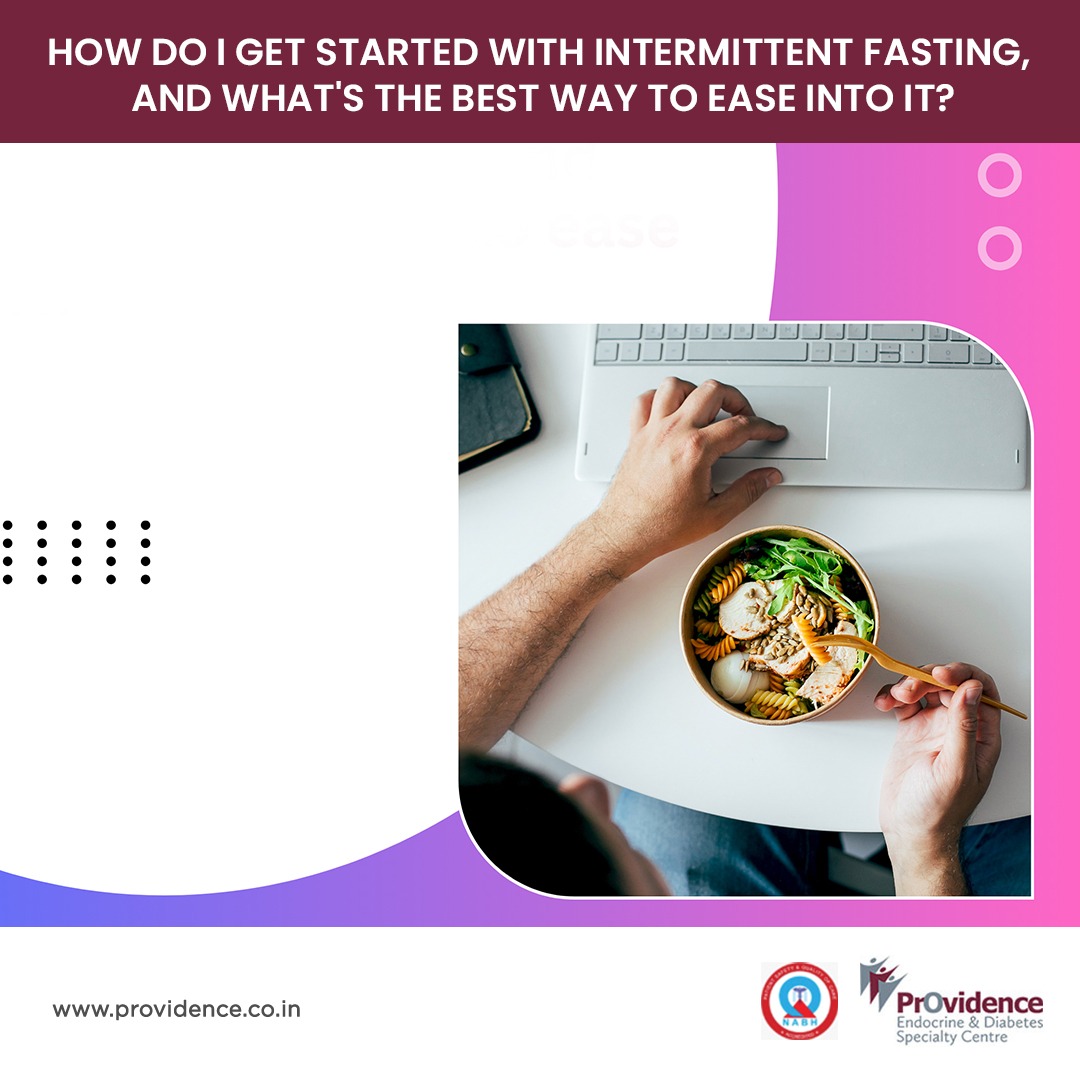Before starting intermittent fasting (IF), consider the following points:
1. Consult a healthcare professional to ensure IF suits your health. If you have diabetes or hypertension and you are on medicines, talk to the endocrinologist about adjusting the same.
2. Consult a qualified dietitian to determine the best IF type for you and receive guidance throughout the process.
3. Ease into fasting by starting with shorter periods and gradually increasing duration. If alternative days of fasting make you tired, move to fasting for 24 hours to a time-restricted eating pattern.
4. Focus on nutrient-dense meals after fasting, including:
– Low-calorie, high-protein foods (pulses, legumes, fish, eggs, lean meats)
– Dietary fibres from vegetables and fruits
– Good fats and complex carbohydrates
– High-protein, low-carb meals at the end of your eating period
5. Stay hydrated by drinking 3-4 liters of water daily.
6. Avoid unhealthy foods like junk food, deep-fried foods, sweets, and sugary beverages.
7. Manage hunger pangs during fasting with:
– Aerobic exercise
– Meditation
– Herbal or black tea without sugar
8. Be mindful of your emotions and distinguish between true hunger and hedonic drive to eat.
Remember, it’s essential to listen to your body and adjust your approach as needed. With patience and persistence, you can successfully incorporate intermittent fasting into your lifestyle.
Ms. Sreekutty S, MSc



